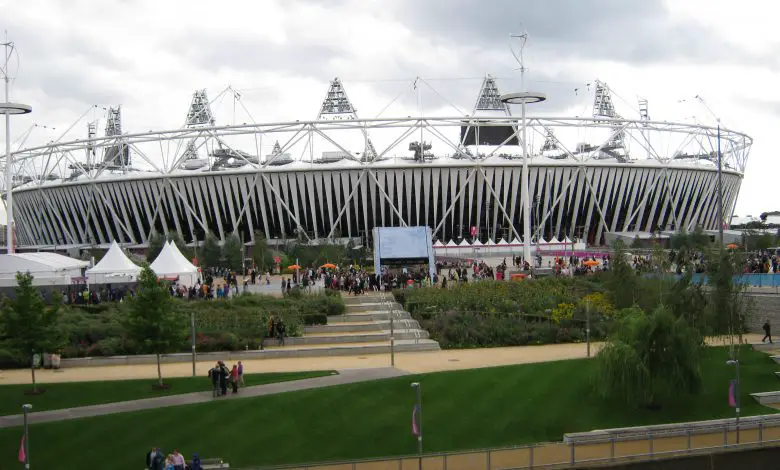
Doing Sport Differently: a guide to disability sport and exercise
The word legacy has been a key part of the Olympics and Paralympics with the hope that the Games will ‘inspire a generation’ and motivate people to take part in sport. But, to do this, we need to create opportunities and have the tools available at our fingertips.
With that in mind, Disability Rights UK have created a guide to exercise and fitness for people living with disability or health conditions, named Doing Sport Differently.
Written by people who have experience of disability or health conditions, the guide poses and answers a number of common questions, such as ‘what type of sports are best for me’ and ‘how can I get involved’.
Baroness Grey-Thompson DBE says:
“There is no reason why we shouldn’t get as much out of sport and exercise as non-disabled people. I am living proof of that. Whether you’re a beginner or want to compete internationally, whether you’re a parent of a sports player or whether you just want to watch sport, Doing Sport Differently will help you to do it.”
For those sceptical about whether they could take apart in sport, the guide includes a number of real life stories to alleviate concerns and highlight how sport can be for everyone.
“I have cerebral palsy and use a wheelchair. In 2010, I was diagnosed with the muscle-weakening disease myopathy. My consultant advised me not to do any physical activity and to wait for the inevitable. That didn’t sound like good advice to me. I turned to Andrew, a personal trainer used to working with disabled people. Thanks to his hard work – and mine – I can now get up off the floor myself if I fall out of my chair and don’t have to wait for help. In fact, I’m now more mobile than before I had myopathy and can now walk miles using a walking frame. I didn’t have great coordination and I’d lost all mobility in my legs. I needed to strengthen them. We started with a couple of sessions a week of an hour and a half and now have three of three hours. I also work-out on my own. Progress was painful at times and, to be honest, I thought Andrew was crazy when he first suggested I walk. But now I’m planning to walk the London Marathon with my frame. That shows you how much I’ve progressed in less than a year.”
The aim of the guide is not to build the next army of Great British Paralympians, but to ensure that everyone can access sport, no matter what.
The guide includes a breakdown of exercises and sports, from walking to cycling, and how you might be able to participate. It guides you through the basics of the equipment available, how much you should do, and how to get started.
Particularly helpful is the information about accessing sports and leisure opportunities in your area. It guides you through how to look for a gym or sports club, how they should fulfil your needs and how to ensure your requirements are met. Sadly, there may sometimes be barriers in your way, but Doing Sport Differently talks you through how to address these issues and maybe, in the process, make a change to the mindset of those uneducated about disability and sport.
For those sport fanatics there is also advice on watching sport – what accessible options the venues can, and should, offer – and volunteering at local sports facilities.
And, last but not least, there is an extensive list of websites and contact details to help you get started, from specific sports to directories to local sports clubs.
So, whether you already play a sport but want to explore something new, or you’ve always assumed you couldn’t take part but want to know how to try, the Doing Sport Differently guide should give you the right tools to get started.
We all know the physical benefits of sport, but just as valuable is the great social aspect and how, bit by bit, sport is hopefully changing societies perception of disability.
Download your free Doing Sport Differently guide from the Disability Rights UK website.
By Liz Ransome
Doing Sport Differently is part of the ‘Doing Life Differently’ series produced by Disability Rights UK. There are also guides on: Careers, Work, IT, Transport and Money. Each book provides a practical toolkit, packed with advice from people with disabilities, and including real-world examples.
Check out…
• Paralympic Games 2012: day 10.
• The Last Leg: a review of the alternative Paralympics show.
• The Paralympics Opening Ceremony: pictures from inside the stadium.
Let us know how you’ve been celebrating the Paralympic Games and what disability sport you’re involved in – email us at editor@97c.026.myftpupload.com, tweet us @DHorizons or send us a message on Facebook.
